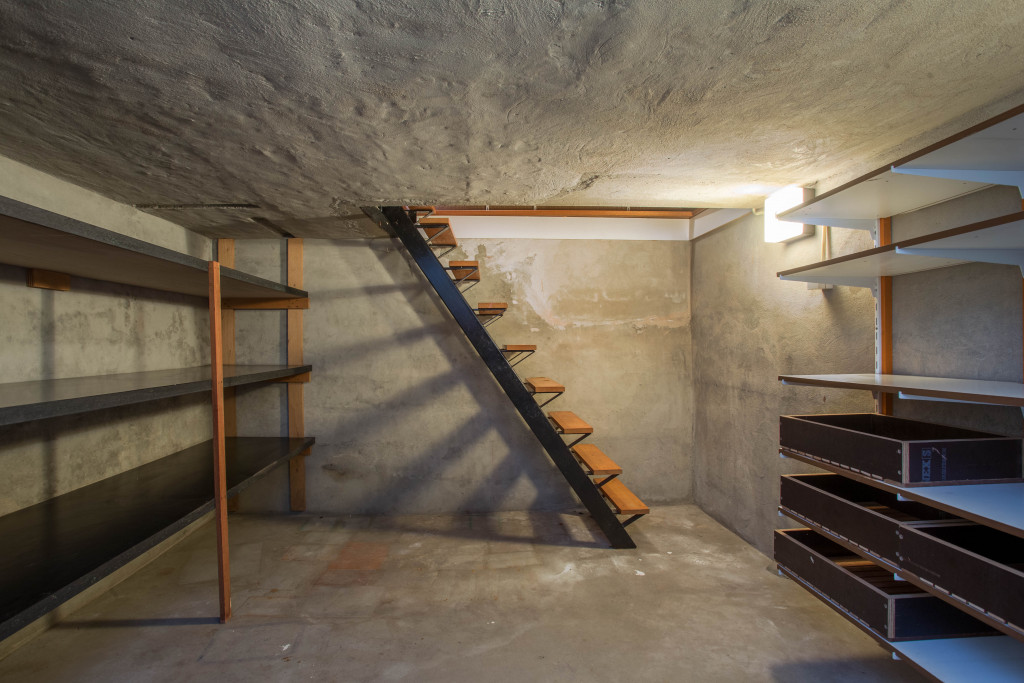One of the less pleasant parts of homeownership is dealing with foul odors around your home. Although it’s often nothing a little air freshener or scented candles could handle, some rooms just have stubborn smells. One of these rooms is the basement.
Understandably so, the basement is the least ventilated space in the home. Any odor, both good and bad, is bound to be trapped there. Most of the time, these smells aren’t the good kind. They’re most likely something like musty or sewer-like. How do these smells come about anyway?
What are the Common Causes of Smells in the Basement?
There could be a couple of possible reasons behind a smelly basement. A common enemy of basements is mold. Because basements are usually underground, moisture is to be expected. Condensation occurs when the warm air from above meets the cool air in the basement, thus the formation of mold on basement walls and pipes.
Another reason is basement fixture drains. Any water in a trap under a floor drain, for example, will evaporate over time. As a result, sewage gas may enter the room through the drain. A damaged or cracked sewage line, or even a loose connecting joint in a wall, would be a more severe source of sewer odor in your home. Lastly, dead animals such as rodents or organic matter could be the source of the unpleasant smell.
How To Get Rid of the Smells for Good
Because the basement is easily one of the least ventilated rooms in a home, you might want to consider installing a window. Regardless of the source of the smell, proper ventilation can surely help.
Once you’ve identified the source of the smell, here’s what you can do to improve the air quality in your basement.
Removing Mold
There are various ways to prevent and control mold growth in the basement. One way is by treating surfaces with ammonia and bleach chemicals once any mold-covered material, has been removed. These usually include drywall, insulation, or sub-flooring in the basement. A solution comprised of vinegar or borax and water is another way to remove mold, specifically on tile or linoleum.
Say Goodbye to Sewage Odor
A dried-out drain can cause a sewage odor to enter the basement. To fix the issue, just pour a pitcher of clean water down the drain to replenish the trapped water. A trick some homeowners do is to pour a couple of tablespoons of oil as this prevents the water from evaporating too soon.

Get Rid of Little Dead Animals
Set up traps throughout the home to catch pests such as mice. Avoid using poisons since if they take the poison, they may die anywhere on the property, unless you hire a pest control professional. You can use traps to assist restrict where the animal is caught and then dispose of it.
Can These Smells Be a Health Hazard?
This is probably the first most important question there is for getting rid of smells. How safe is it? Will exposure to certain smells be harmful to health? Here are the health consequences of the smells mentioned above.
Sewage Gas
In excessive concentrations, methane can be harmful to your health. Methane in low concentrations is typically not dangerous. However, in high levels, methane will begin to displace oxygen from the air at large concentrations. You may begin to feel asphyxia, coughing, shortness of breath, and a burning sensation in the mouth. as the oxygen begins to evaporate. Additionally, methane is highly flammable and explosive.
Mold Particles
Regardless of where and how the mold is grown, it can be harmful to a person’s health. Although there are times when mold isn’t necessarily harmful, physical symptoms that include coughing, wheezing, worsening, asthma, nasal congestion, and sore throat, usually mean that a certain mold is harmful.
A Dead, Foul Odor
When dead animals, such as rodents, decompose, they emit a foul odor. This foul odor is made of a mixture of putrescine and cadaverine, with various sulfur compounds. When exposed to this odor for an extended period, it might make you sick. Smaller animals may only smell for a few days as they disintegrate, but bigger animals may smell for several weeks.
Should you experience any of these symptoms from any of these smells, be sure to limit the access to the basement. Should symptoms persist, consider seeking urgent care services. But if it hasn’t gotten to that point yet, address the issue as soon as possible. This way, you won’t just preserve everyone’s safety and health, you’re maximizing the comfort of your home as well.

